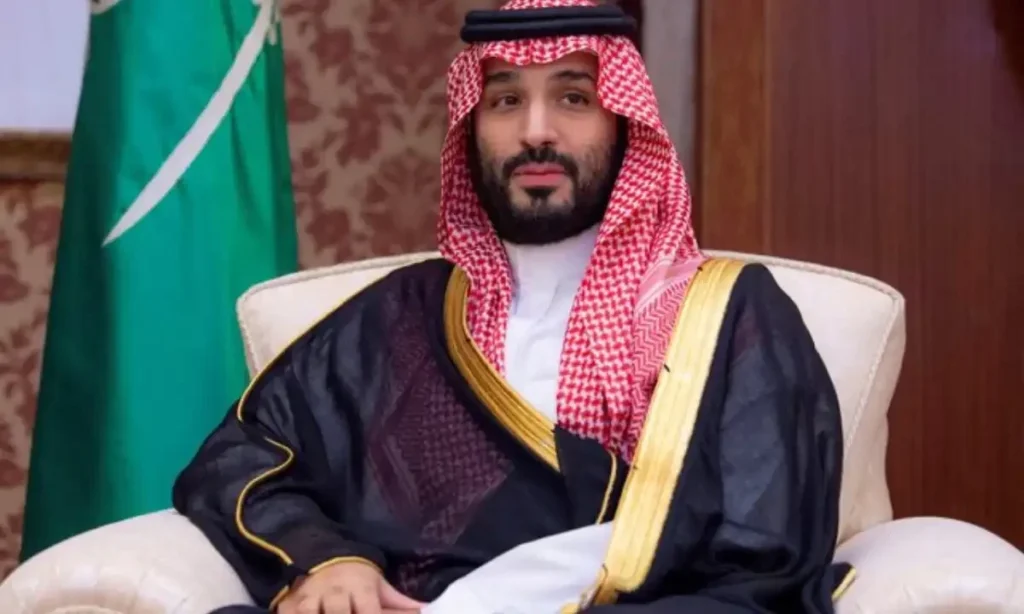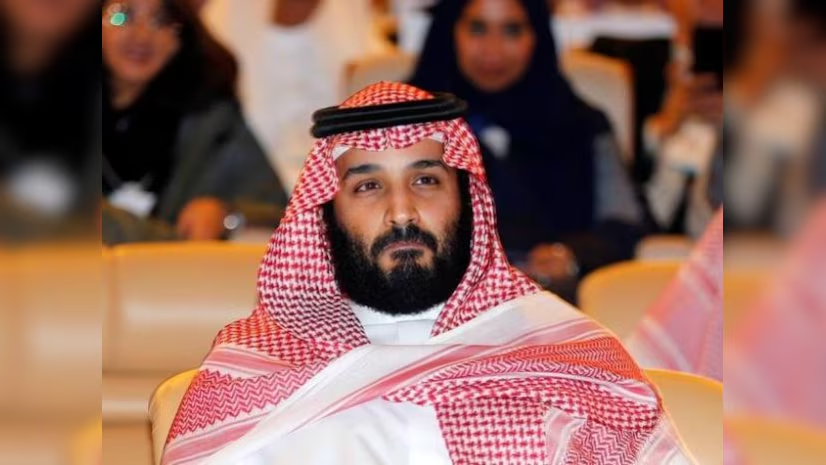Key Highlights
As Saudi Arabia engages in delicate negotiations to normalize relations with Israel, a new challenge has emerged that could influence the outcome: Saudi Crown Prince Mohammed bin Salman’s growing fear of assassination. These concerns are casting a shadow over the talks, which are already fraught with political, religious, and regional complexities.
This article delves into the factors behind the Crown Prince’s fears, the potential impact on Saudi-Israeli relations, and the broader implications for Middle Eastern diplomacy.
The Geopolitical Stakes: Israel-Saudi Arabia Normalization Talks
The Geopolitical Stakes: Israel-Saudi Arabia Normalization Talks
The prospect of normalization between Saudi Arabia and Israel marks a significant shift in Middle Eastern geopolitics. Historically, Saudi Arabia has been one of Israel’s most staunch opponents, largely due to its support for Palestinian statehood and its role as a leader in the Arab and Muslim world. However, under Crown Prince Mohammed bin Salman’s leadership, the kingdom has shown signs of softening its stance.
The Abraham Accords, brokered by the United States in 2020, paved the way for Israel to establish formal diplomatic relations with several Arab states, including the United Arab Emirates and Bahrain. Saudi Arabia’s participation in these normalization efforts would be a major breakthrough, potentially reshaping the regional power dynamics and leading to greater economic cooperation, security collaboration, and political dialogue.
However, these talks are taking place against a backdrop of significant tension. The Crown Prince’s fear of assassination, reportedly stemming from both domestic and international threats, is complicating an already sensitive negotiation process.
Mohammed bin Salman’s Concerns: The Roots of Assassination Fears
Crown Prince Mohammed bin Salman, often referred to by his initials MBS, has been a transformative figure in Saudi Arabia. His Vision 2030 initiative aims to diversify the economy, reduce the kingdom’s dependence on oil, and modernize various sectors, including entertainment, tourism, and women’s rights. However, his rapid reforms and consolidation of power have not been without controversy.
The Crown Prince’s aggressive policies, including the arrest of high-profile royals and businessmen in 2017 and his involvement in the conflict in Yemen, have created numerous enemies both within and outside the kingdom. The 2018 murder of journalist Jamal Khashoggi, which U.S. intelligence agencies have linked to MBS, has further tarnished his international reputation and heightened his concerns about personal security.
These fears are not unfounded. The potential for retribution from those who feel marginalized or threatened by his policies, as well as the possibility of retaliation from regional adversaries, contribute to MBS’s heightened sense of vulnerability. As Saudi Arabia seeks to normalize relations with Israel, a country historically viewed as an enemy by many in the Arab world, the Crown Prince’s fear of assassination is understandably heightened.

Security Concerns and Diplomatic Challenges
MBS’s fears have reportedly influenced the pace and tone of the normalization talks with Israel. The Crown Prince’s security concerns have led to an emphasis on secrecy and caution, with limited public announcements and a focus on behind-the-scenes diplomacy. This approach, while necessary for his safety, has added layers of complexity to the negotiations.
The normalization of relations with Israel could make MBS a target for extremist groups and individuals who view the move as a betrayal of the Palestinian cause. The Crown Prince is likely aware that any public steps toward normalization could provoke backlash from hardline factions within Saudi Arabia and from external actors who oppose Israeli-Arab reconciliation.
Additionally, MBS’s fears could be influencing the kingdom’s demands in the negotiations. Saudi Arabia might seek stronger security guarantees from both Israel and the United States in exchange for normalization. These guarantees could include advanced military technology, intelligence-sharing arrangements, or other forms of support to bolster the Crown Prince’s security.
The Impact on Saudi-Israeli Relations and Regional Stability
The outcome of the normalization talks between Saudi Arabia and Israel will have far-reaching implications for the Middle East. A successful agreement could pave the way for greater economic integration, enhanced security cooperation, and a potential resolution to longstanding conflicts. However, if the talks falter due to MBS’s assassination fears or other factors, it could set back regional diplomacy and reinforce existing divisions.
For Israel, normalization with Saudi Arabia would be a diplomatic victory, further solidifying its position in the region and potentially leading to broader acceptance among other Muslim-majority countries. For Saudi Arabia, the benefits of normalization include economic opportunities, access to Israeli technology, and stronger ties with the United States.
However, these potential gains must be weighed against the risks. MBS’s fear of assassination underscores the fragile nature of these talks and the delicate balance that must be maintained to achieve a successful outcome.

Navigating Diplomacy Amid Personal Security Fears
Saudi Crown Prince Mohammed bin Salman’s fear of assassination is more than a personal concern; it is a factor that could shape the future of Middle Eastern diplomacy. As Saudi Arabia and Israel continue their delicate negotiations, MBS’s security concerns will likely play a significant role in determining the pace and substance of any potential agreement.
The stakes are high, not only for the Crown Prince but for the entire region. A successful normalization could usher in a new era of cooperation and stability, while failure could deepen divisions and increase tensions. As the talks progress, the world will be watching closely, aware that the outcome could reshape the geopolitical landscape of the Middle East.
Final Thoughts: The intersection of personal security concerns and high-stakes diplomacy is a reminder of the complex realities that leaders like Saudi Crown Prince Mohammed bin Salman must navigate. As the fear of assassination looms over the Israel normalization talks, the future of regional relations hangs in the balance.
For Latest News Updates Click Here
